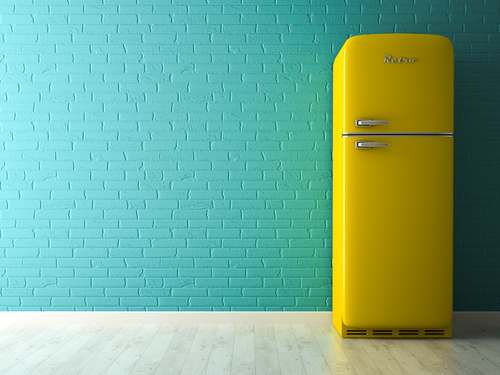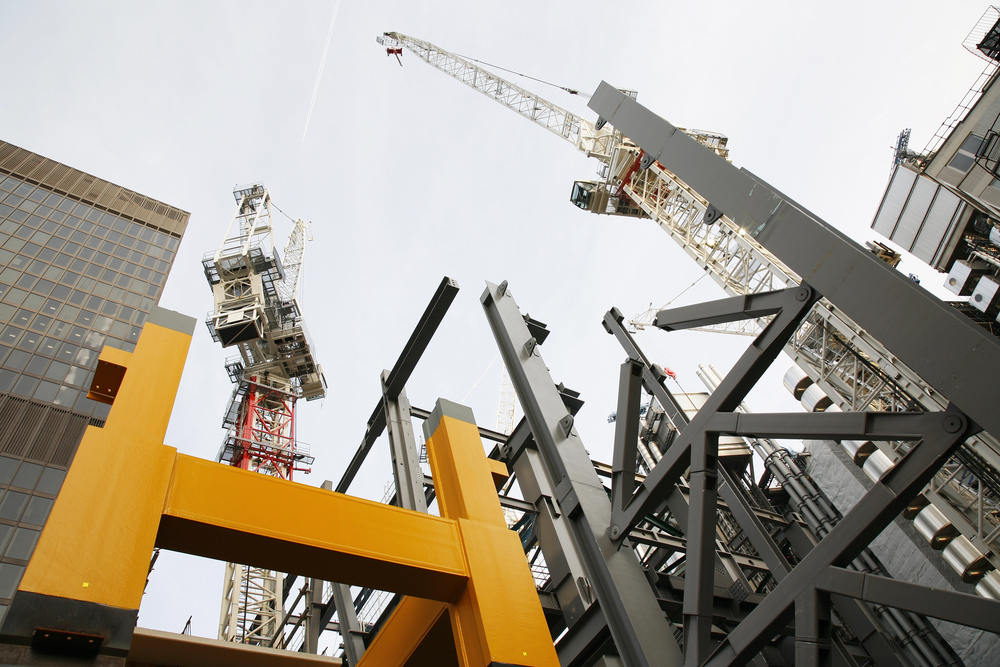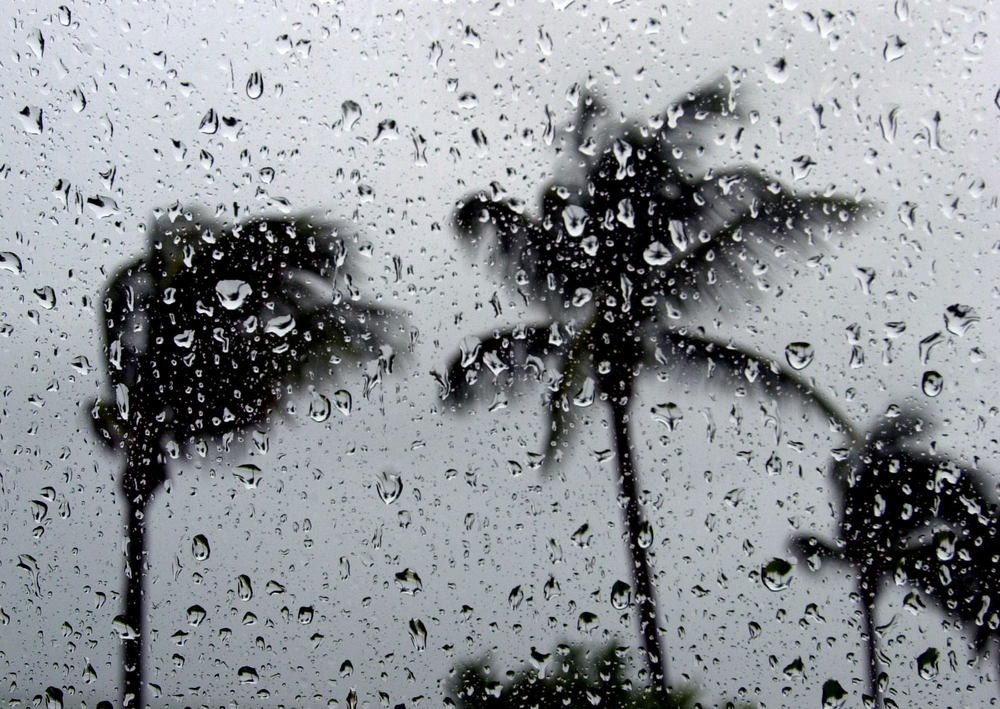BOP Denial: Uninspected Equipment Breakdown

By: Big “I” Virtual University Faculty
An insured food distributor has a business owners policy which includes equipment breakdown. When their storage facility has an ammonia leak, they turn in a food contamination claim.
The insured then receives a denial letter from the carrier because they cannot provide an accident diagnosis from a certified refrigeration contractor. It turns out the landlord chose to replace the refrigeration unit before any diagnosis or inspection could be completed, discarding the broken refrigerator in the process.
The insured is now left with no food contamination coverage due to no proof of “accident.”
Q: Is this a fair reason to deny a claim? I have always known equipment breakdown coverage to be broad—this seems very limited.
Response 1: The carrier is within its rights to make sure that the loss arose from a covered incident—in this case, an “accident” as defined in the policy. The burden of proof is on the insured to demonstrate that none of the exclusions contributed to or caused the loss.
Can the landlord can demonstrate that the loss occurred as a result of an “accident,” and was not simply a replacement of an otherwise worn-out refrigeration unit? Or does the insured’s rental agreement with the landlord address this situation, promising reimbursement in the event that the refrigeration equipment fails and causes a loss to the insured’s property? If not, barring a court’s determination compelling the carrier to cover the alleged “accident,” the claim denial is in order.
Response 2: Without proof that an accident occurred, there is no coverage trigger. The insured may want to contact an attorney. Since the landlord’s actions caused the claim to be denied for the food that was stored in the leased equipment, they could seek reimbursement from the landlord for the damaged food items. Unfortunately, the landlord’s attempt to get the units up and running quickly has caused the insured a financial loss.
Response 3: The denial letter seems accurate. Since the landlord did not allow a diagnostic test to prove the cause of loss before replacing the refrigerator, it can’t be determined as one of the five events which would be covered as defined by the policy. It’s not a reflection of how broad the coverage is, but rather an enforcement of the terms and conditions.
Response 4: Proof is always required. The adjuster should have done the investigation. I’d ask to talk to the claims manager.
Response 5: With equipment breakdown coverage, you must provide proof that the loss resulted from mechanical breakdown. The insured needed to save the broken part and should have communicated this with the landlord.
At this point, you could try to get a statement from the equipment technician, or even call them to check whether they still have the unit they removed, which would allow the carrier to view it.
Response 6: I would try appealing to the claims manager. However, if there is no proof of loss as to why the equipment failed, I do not see much hope of recovery.
This question was originally submitted by an agent through the VU’s Ask an Expert Service. Answers to other coverage questions are available on the VU website. If you need help accessing the website, request login information.










